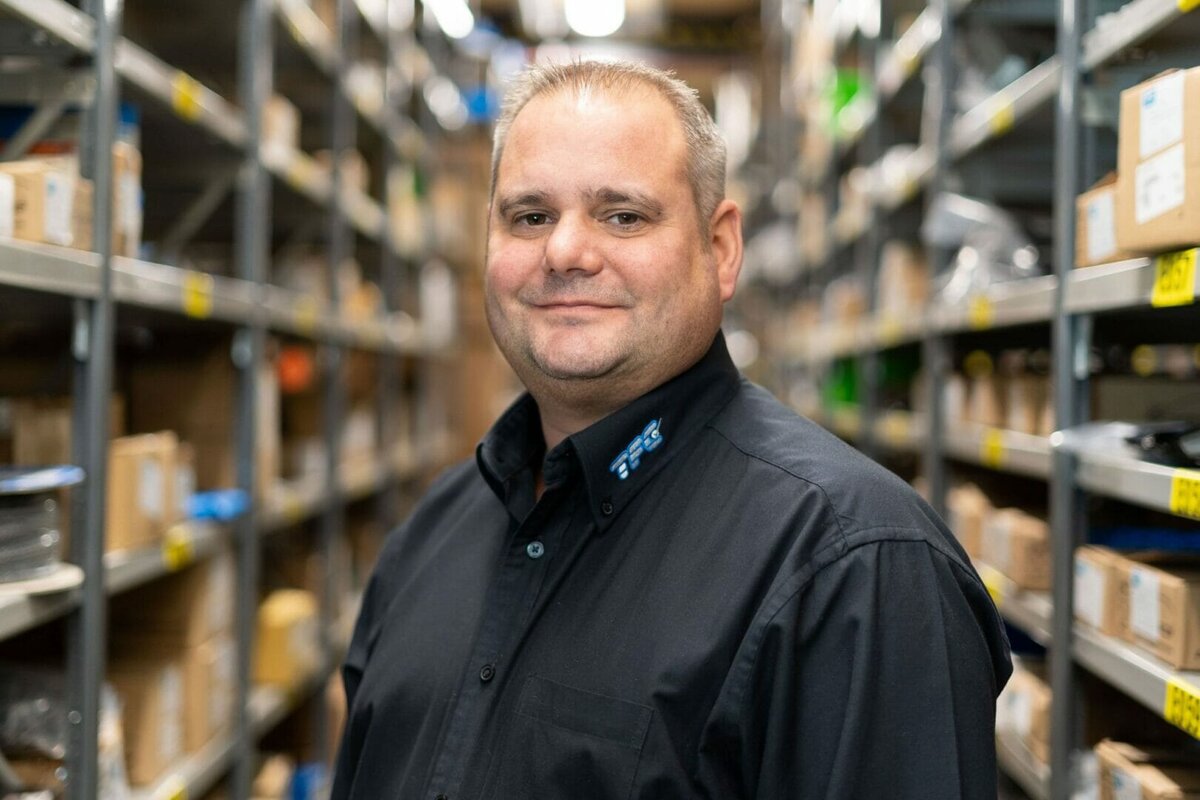The phrase “just in time supply chain” probably meant nothing to the average consumer before the coronavirus pandemic. However, the empty supermarket shelves have shone a spotlight on British supply chains like never before. Here Keith Kentish, group commercial director at TFC, leading supplier of fasteners and supply chain solutions, shares guidance for manufacturers on supply chain management, while the industry is under the microscope.
COVID-19 has highlighted how important the domestic supply chain is, particularly for essential medical products, for example, to produce ventilators for patients in intensive care or the supply of personal protective equipment (PPE) to frontline workers.In contrast, much of the automotive manufacturing industry ground to a halt, with a ripple effect felt across the supply chain. The impact has certainly been felt in the fastener market, where according to recent reports, sales are down 50 per cent on average. As the manufacturing industry begins to return to work, manufacturers may now feel added pressure to catch up with a backlog of orders.
The impact of the pandemic has been felt by many businesses, resulting in a multitude of supply chain problems, such as overstocking, lacking the space to store components or assemblies that cannot be moved further on, or struggling to source the parts needed to keep production running. Even the smallest, cheapest component can cause production downtime if not delivered on time, which in turn can damage a manufacturer’s own reputation if assemblies are not delivered on time.
Consolidation
In 2019, market research expert Vanson Bourne found that UK businesses work with an average of 2,598 suppliers, around 50 per cent of which are international. Even before COVID-19, 84 per cent of businesses were struggling to manage supply chain risk. Shorter, simpler supply chains could help streamline things for the future, partly by reducing the number of possible points of failure. Consolidating your suppliers, for example by turning to vendor managed inventory, could be a new way to run the business, meet budgets, margin enhancement expectations and production KPI’s and help maintain revenues.
Agility
As businesses return to work, they can move to new ways of working, or turn to new technology to help employees work safely and productively. Social distancing may mean more processes move from paper to online processes via EDI and MRP/ERP integration — electronic ordering, for example, means that orders can be placed and processed without anyone having to physically touch them; accurate and efficient.
Discussing with your potential new service provider whether they offer options such as overnight installations, bin pre stocking or pre labelling could help you to access the components you need while minimising time on site and maintaining effective social distancing.
Technology can also be used in other ways to help manage inventory on a manufacturing side. Consider this example. A manufacturer has trouble sourcing PPE for staff to work safely on site. When PPE is in stock, it disappears quickly. Implementing a vending solution can help prevent excessive consumption of consumables and introduce ownership so that manufacturers can safely and effectively manage PPE distribution.
Relationships
Small and medium manufacturers may find it particularly difficult to get hold of the parts they need, as they may not carry as much purchasing leverage or may not meet the minimum order value. Establishing relationships with larger supply chain businesses may help smaller businesses to benefit from the leverage of a partner, one that orders regularly and orders big. TFC for example, passes on cost reductions to its customers by purchasing on behalf of numerous businesses from UK distribution, UK wholesale, European and Far East partners.
The supply chain and logistics industry is clearly in for a shake-up. There is currently no clear and comprehensive solution to carry British manufacturing forward. However, by sharing our knowledge, skills and expertise, we can develop creative, effective solutions together. Visit the website for more information about TFC’s vendor managed inventory solutions, or call 01435 860349 to speak to supply chain specialist.








